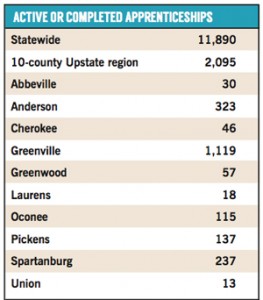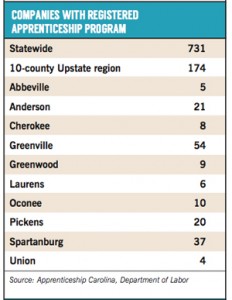The Jim Bohannon Show | Friday, May 15, 2015 |
While the employment picture in the United States has undoubtedly improved from the deep doldrums of the Great Recession, it hasn’t fully recovered, and it likely never will. That’s because the job market itself has irrevocably changed. Employers are extremely wary of taking on new full-time employees, knowing the costs involved (such as health care requirements and the cost of regulation). Also, many of the jobs that used to exist have either been changed or outright obsoleted by technology. But all is not black; technology has also created new jobs and new types of jobs, if a potential employee has the skills to fill them. So, are we making it possible for our small and large businesses to thrive with the right kind of employees? Plus, what steps should you take as a job-seeker to make sure you get that next job you want? Making a return visit to answer those questions is Nicholas Wyman (@nicholas_wyman), author of the book “Job U: How to Find Wealth and Success by Developing the Skills Companies Actually Need” (in paperback and e-book from Crown Business).
Listen Here:
Blue Collar, White Collar – Now Silver Collar Jobs ?
Career Advice: Whatever you do, love what you do.
#College or Bust. How can I get ‘real world’ skills
Original:








